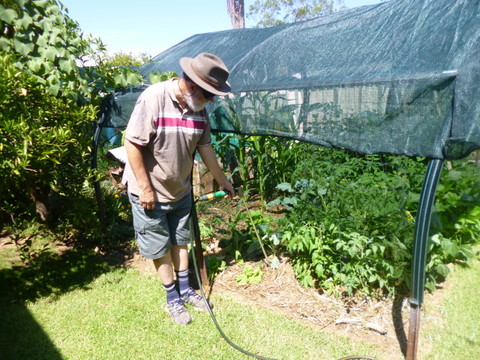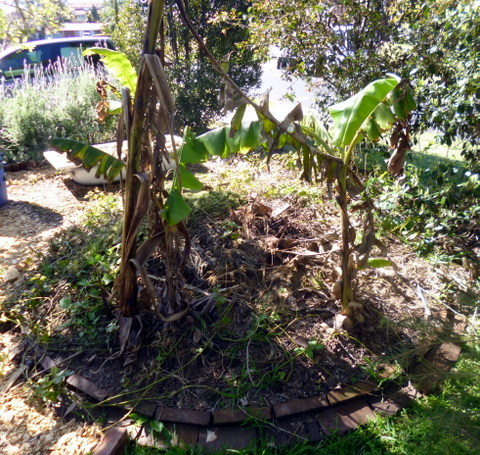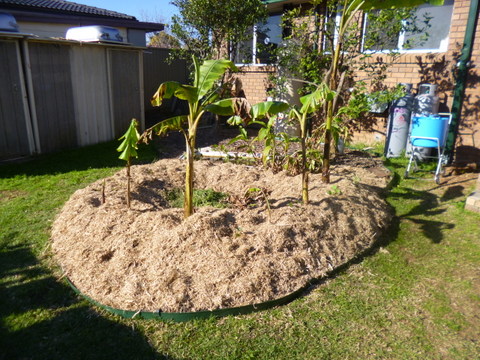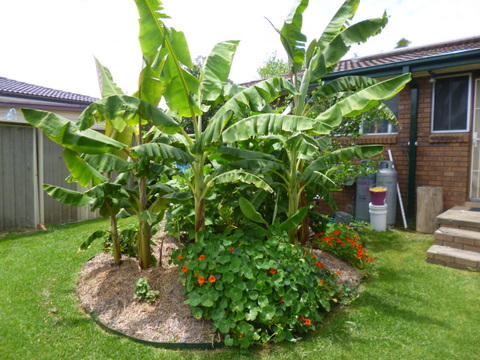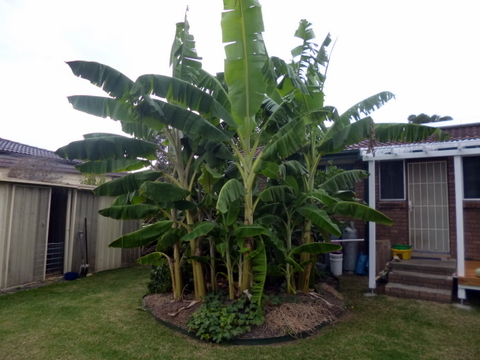Observe and Interact: “Beauty is in the eye of the beholder”. Engage with your environment, learn from it, and make informed decisions based on your observations.
This is not only a vital principle for permaculture design but also for everyday life at the Choko Tree. Our use of both deep pipe waterers and ollas for watering perennials and annuals respectively rather than an automated watering system requires that we spend time observing and interacting with our growing space. Thus we can check out when watering which plants need more water, what is ready to be harvested and if there are any incursions of pests or diseases that we need to deal with.
Another opportunity for me to implement principle one was after I learned about the concept of microclimates. One of the best ways I found to discover existing microclimates in our yard was to get out there and observe. For me this meant walking around during the year to see where the sun hits and doesn’t hit in during the seasons, and the areas impacted by cold southerly or warm northerly and westerly winds. I loved wandering about while it was raining so I could see where the water ran in heavy rain, and areas that were well drained and not so well drained. These observations helped me identify microclimates in our yard so I could make use of them or try and modify them to help us grow what we wanted.
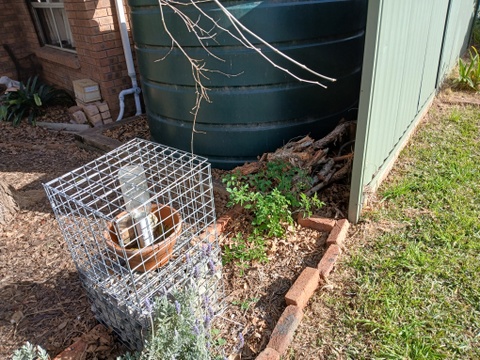
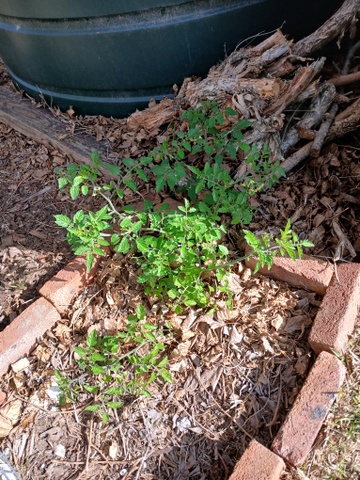
Tomato plant, growing and fruiting in winter, frosty morning, in microclimate provided by 5500 litre water tank, gabion and possibly some influence from the mulberry tree
I have also observed the increase in biodiversity when we let our veggies like lettuce and bok choi go up to seed. Watching native bees, European bees, hoverfly and other insects come into our garden and interact with the plants and flowers is fascinating. (More detail on this is provided in Principle 10 – Use and Value Diversity)
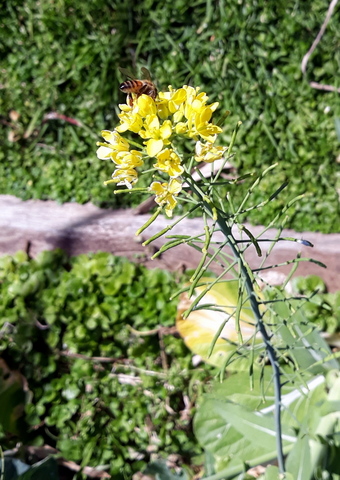
Bee on brassicsa flower
Unfortunately, there have been times when I failed to observe and interact as Principle One would suggest. I had a Permaculture Sydney West blitz at our place many years ago, they were going to make a banana circle for me and asked where I wanted it. I pointed out an area in the front yard that made sense at the time (it was clear and not in the way). The banana plants sat there for years, they did not grow well getting to about 150mm in height maximum and did not produce any bananas. There was not enough sun, or water (also due to the dryness of the soil the organic matter in the centre did not break down very well) and the soil was not the best. Over time, I was able to observe where they should have gone in the first place. I relocated the bananas to the back yard where they were in full sun, got lots of greywater from the bathroom and the soil was fertile. In a very short time, they were higher than the house and very productive.
The original banana circle after 10 years or so
Directly after transplant
After three Months
After six months
Always observe and interact!


